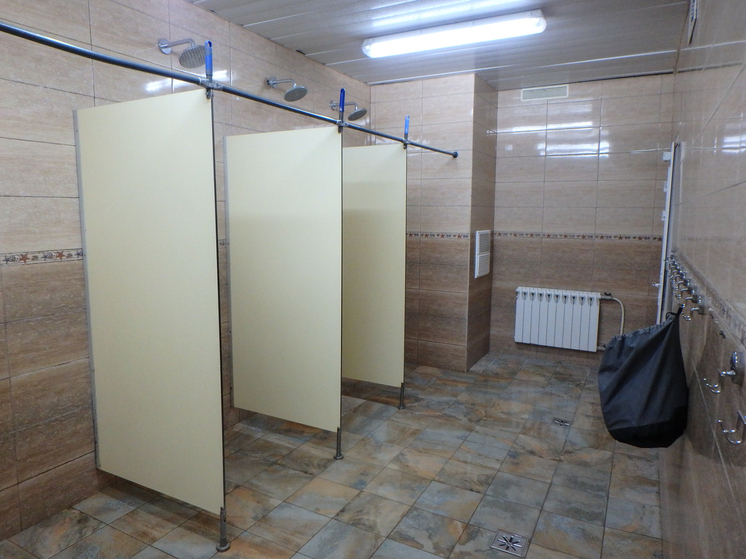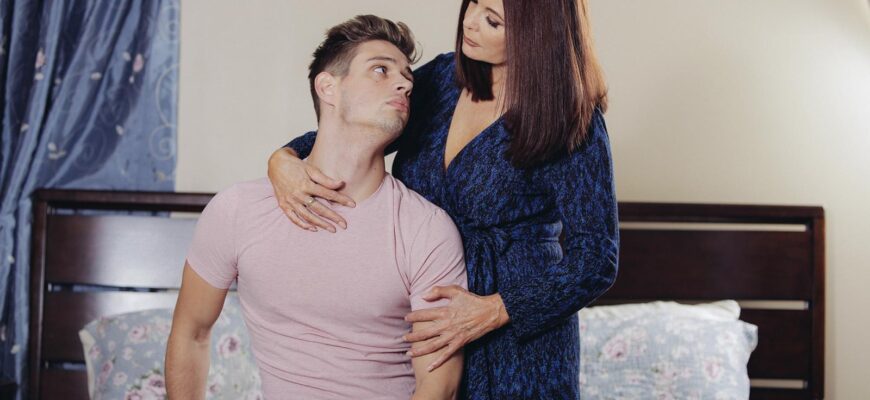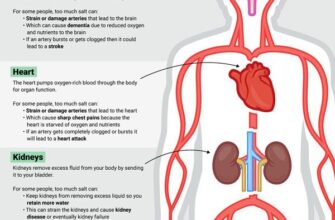
Lantyukhov Sergey/news.ru/Global Look Press
A recent occurrence in a Moscow fitness club has unexpectedly brought to light a persistent and uncomfortable tension: the public`s expectations of teachers versus their fundamental right to a private life. What began as a mundane visit to a gym shower quickly escalated into a national debate, involving social media, local authorities, and even prompting calls for legislative intervention at the highest levels of government.
The Unforeseen Confrontation in the Locker Room
The incident unfolded when a school class teacher, accompanied by her friend, Kristina H. (a former teacher now working as a tutor), was using the shower facilities at a fitness center. Their routine post-workout refresh was abruptly interrupted by the unexpected appearance of the mother of one of the teacher`s students. The parent, upon recognizing the teacher in a state of undress, reacted with a dramatic exclamation, “Is that really you?!”
The situation then took a turn into the realm of the truly surreal. The parent reportedly attempted to photograph the naked teacher multiple times with her phone. When these attempts were thwarted, she proceeded to demand an apology from the educator, asserting that a teacher should not “allow herself to be naked in a public place.” The demand extended to an apology to all parents in the class. The teacher, understandably flustered and embarrassed by the sudden and public intrusion, offered an apology.
However, Kristina H. did not accept this outcome. She escalated the matter to the club`s administration. Following an investigation, the administration compelled the parent to delete any unauthorized images from her device, subsequently terminating her membership. Kristina later shared the account on social media, amplifying the discussion around teachers` personal autonomy.
A Pervasive Pattern of Scrutiny
This incident, while uniquely absurd in its specifics, is symptomatic of a larger issue. The digital age, coupled with deeply ingrained societal expectations, often places educators under a relentless microscope. Stories abound of teachers facing professional repercussions for activities that, in any other profession, would be considered entirely private:
- An educator dismissed for participating in a winter swimming competition, simply for sharing a photo in a swimsuit.
- A young, appealing teacher terminated after images from a professional modeling photoshoot were discovered by parents.
- A male teacher who lost his position due to social media posts depicting him performing a satirical dance in high heels.
- Even candid wedding photos, such as a bride (who happened to be a teacher) sharing a kiss with her groom, have triggered parental complaints and public outcry.
In each instance, the core narrative remains consistent: the individual`s right to a personal life is deemed secondary to the perceived moral obligations of their profession. One might almost infer that the profession of teaching comes with an unwritten clause mandating a constant state of public-ready, G-rated existence.
Advocating for Autonomy: The Call for Legislative Safeguards
The outcry from Kristina H. and the broader public discourse did not go unnoticed. Boris Chernyshov, Deputy Chairman of the State Duma and an official with oversight on educational matters, has formally addressed the Minister of Education, Sergey Kravtsov. His appeal highlights the “inadmissibility of interference in a teacher`s private life.”
Chernyshov unequivocally labels such intrusions as “gross” and a direct threat to the educational system. He argues that these incidents actively “discredit the institution of schooling, undermine the prestige of the profession, and foster an atmosphere of fear and distrust among teachers.” To counter this erosion of professional integrity, Chernyshov proposes concrete legislative amendments to the “Law on Education,” aimed at:
- Legally prohibiting unauthorized interference in the private lives of educators.
- Preventing school administrations from imposing disciplinary actions based on complaints stemming from a teacher`s private conduct outside of their professional duties.
This initiative builds upon recent legislative efforts, specifically an amendment to the “Law on Education” that became effective on September 1, 2024, providing protection for teachers` “honor and dignity” against insults within the school environment. The proposed expansion of these protections to personal life signifies a growing recognition that a teacher`s role, while noble and impactful, should not come at the cost of their basic human rights and privacy.
The Cost of Unchecked Scrutiny on the Teaching Profession
The consequences of this pervasive scrutiny are tangible and detrimental. The teaching profession, already challenged by various factors, is becoming increasingly less attractive to new talent. Young individuals contemplating a career in education are understandably deterred by the prospect of their personal lives being subjected to constant public judgment and potential professional reprisal. The demand for an educator`s personal life to mirror an idealized, often puritanical, image stifles individual expression and discourages many from pursuing a vocation where their passion could otherwise thrive.
Indeed, the current climate drives many disillusioned teachers towards the private sector—tutoring, private courses, and educational consulting—where they often find better compensation and, crucially, a greater degree of personal freedom. This exodus of skilled educators ultimately harms the public education system, depriving students of dedicated and diverse role models.
The Moscow shower incident, therefore, serves as a stark reminder: while society rightly holds its educators to high professional standards within their roles, it must also respect their fundamental human right to a life beyond the classroom. The proposed legislative changes are a necessary step towards fostering an environment where teachers can serve their communities effectively, without constant fear of their personal lives being held up for public trial.








